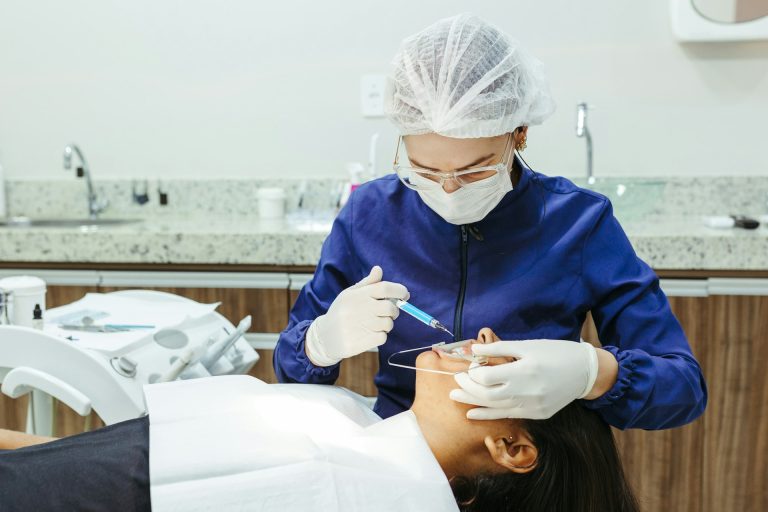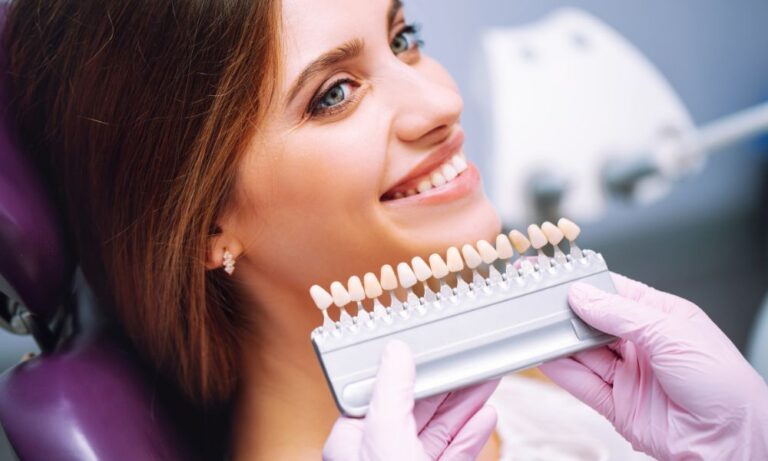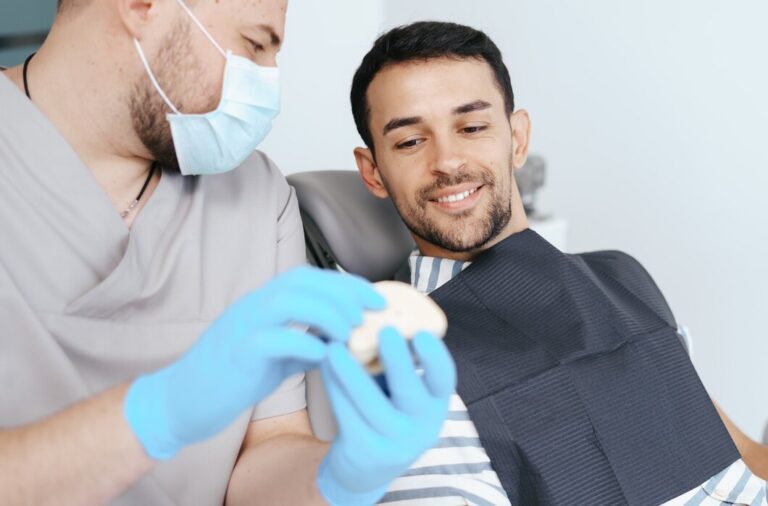Technology has revolutionized the dental field and shifted the landscape of modern dentistry, with laser dentistry emerging as a cutting-edge treatment method that offers numerous benefits for the diagnosis and treatment of gum-related issues. Dentists worldwide are increasingly relying on dental lasers to provide more comfortable, efficient, and precise care for patients.
In this informative guide, the expert team at Colorado Gum Care Northglenn, CO, provides an in-depth look into the world of laser dentistry, exploring its advantages, applications, and benefits in gum care. You’ll learn about the different types of dental lasers available and understand how they are used to diagnose and treat a variety of oral health issues, including gum disease, soft tissue procedures, and biopsies.
We also delve into the benefits that laser dentistry offers to both dental professionals and patients by enabling minimally invasive treatments, rapid healing, and reduced risks of complications.
1. A Look Inside Laser Dentistry: Types and Applications in Gum Care
Laser dentistry employs the use of lasers (Light Amplification by Stimulated Emission of Radiation) to diagnose and treat various oral health issues. There are two primary types of dental lasers, each with its specific applications and benefits in gum care:
- Soft Tissue Lasers: As the name suggests, soft tissue lasers target the tissues of the gums. They are commonly used to treat gum disease, remove bacteria, reshape gum tissue, and perform biopsies. Soft tissue lasers are especially helpful in periodontal treatments, as they can precisely remove diseased tissue without damaging the surrounding healthy tissue.
- Hard Tissue Lasers: While these lasers are mainly used for cutting tooth structures, they can also be employed in gum-related procedures that require the modification or removal of bone, such as crown lengthening, preparation for dental implants, and sinus lifts.
Dental lasers are a versatile tool in gum care, providing solutions to issues such as gum recession, gum disease, and cosmetic gum concerns.
2. The Advantages of Laser Dentistry in Gum Care
Laser dentistry has continued to grow in popularity due to the multitude of benefits it offers to both dental professionals and patients. Some of the advantages provided by laser dentistry in gum care include:
- Minimally Invasive Procedures: With dental lasers, treatments can often be performed with minimal, or in some cases, no need for incisions, sutures, or anesthesia. This makes laser dentistry a less invasive option for various gum procedures.
- Precise Treatment: Lasers provide extremely accurate and controlled treatment, allowing dental professionals to target only the affected areas without damaging nearby healthy tissue.
- Reduced Bleeding and Swelling: Laser treatments result in less bleeding during and after a procedure, as they promote blood clotting and minimize damage to surrounding tissues, leading to reduced postoperative swelling.
- Rapid Healing: The antibacterial and biostimulatory effects of dental lasers promote faster healing and regeneration of tissues, resulting in quicker recovery times.
- Decreased Risk of Infection: Laser treatments effectively sterilize the treatment area, leading to a significantly reduced risk of postoperative infection.
3. Laser Dentistry Treatments and Procedures in Gum Care
Dental lasers have revolutionized gum care, offering innovative solutions for the diagnosis, treatment, and management of various gum-related issues:
- Periodontal Therapy: Dental lasers can effectively remove bacteria and diseased gum tissue in the treatment of gum disease, encouraging healthy tissue regrowth and promoting faster healing.
- Crown Lengthening and Gingivectomy: Soft tissue lasers can precisely reshape the gums to expose more tooth structure or balance out uneven gum lines in esthetic procedures.
- Frenectomy: Using dental lasers for frenectomy allows for a faster, minimally invasive procedure with less pain and reduced recovery time.
- Gum Biopsy and Lesion Removal: Dental lasers enable precise removal of tissue samples for biopsy or the elimination of lesions and growths, with minimal discomfort and rapid healing.
4. Integrating Laser Dentistry: What to Expect During Your Treatment
If you are considering a laser dentistry treatment for gum care, knowing what to expect during the procedure is crucial. Although each treatment varies depending on the individual patient and the specific issue, the following can generally be anticipated during a laser dentistry procedure:
- Consultation and Planning: Prior to treatment, your dental professional will thoroughly evaluate your oral health and discuss your concerns to develop a detailed treatment plan tailored to your needs.
- Painless Procedures: Laser dentistry treatments typically involve minimal discomfort, with many procedures requiring little or no anesthesia. The treatments are quieter and less invasive, providing a more relaxed experience.
- Quick Recovery: With fewer incisions and less tissue damage, recovery times are considerably shorter after laser dentistry treatments than traditional surgical methods.
- Post-Procedure Care: Your dentist will provide personalized aftercare instructions to minimize post-treatment issues and promote a speedy recovery.
Embrace Innovative Gum Care with Laser Dentistry at Colorado Gum Care Northglenn, CO
Laser dentistry has paved the way for substantial advancements in gum care, offering effective, comfortable, and swift solutions to various periodontal concerns. By integrating this cutting-edge technology into our dental practice, we at Colorado Gum Care Northglenn, CO, are committed to providing exceptional care and results to cater to your unique oral health needs.
Schedule an appointment with our dedicated dentists in Westminster today to discuss the benefits and possibilities that laser dentistry in gum care can offer you. Discover the transformative potential of this innovative approach to oral care for a healthier, brighter smile.







